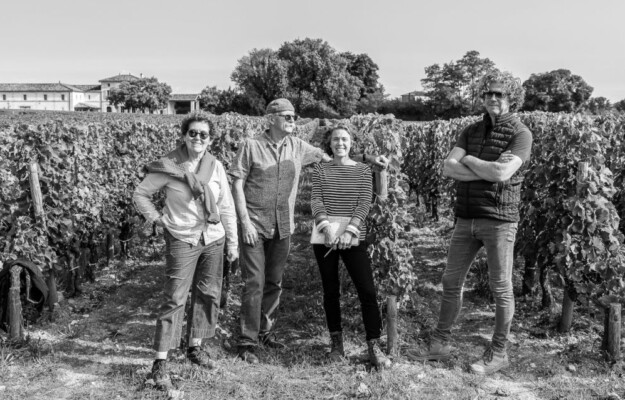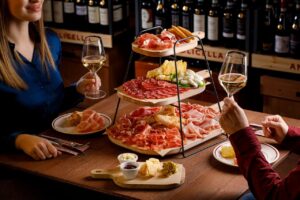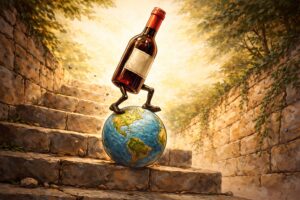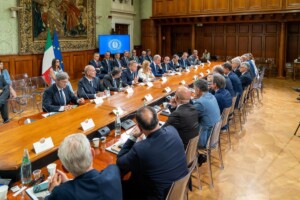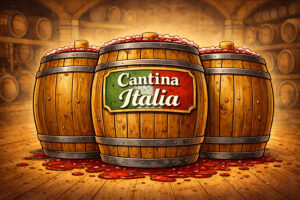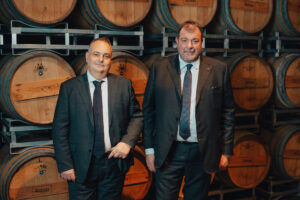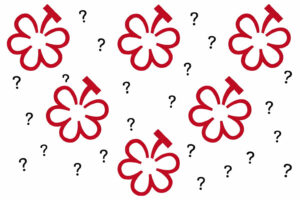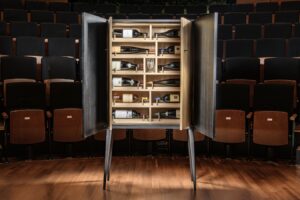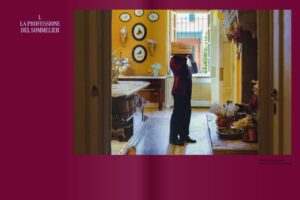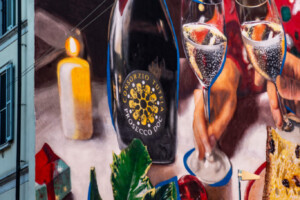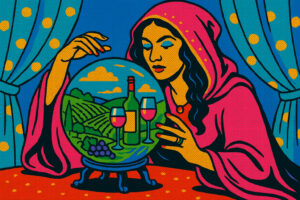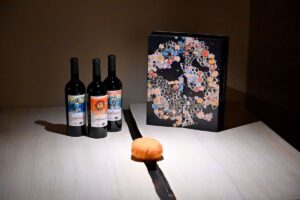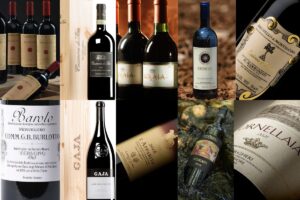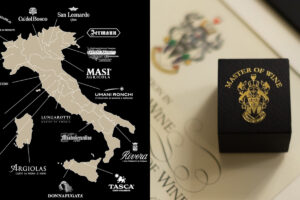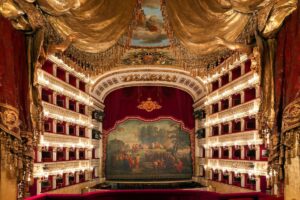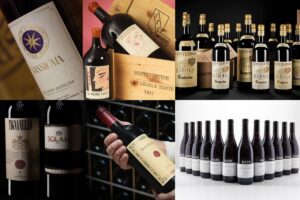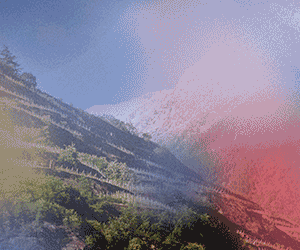The debate on the contemporary relevance of the wine appellation system, understood as DOC and DOCG, and on the adequacy of the rigidity of certain aspects of the regulations in relation to an increasingly rapidly changing scenario, both in the vineyard, especially in terms of climate change management, but also on the market, with changing tastes and consumption patterns, is a constant within the sector, which we have dealt with on several occasions and will continue to do so. And while more and more producers in Italy are choosing the less restrictive and more flexible rules of IGT for some wines, which in many cases are the wineries’ flagship labels, even in prestigious appellations, news comes from Bordeaux that a leading winery - especially in recent years in terms of critical scores and wine prices - namely Château Lafleur owned by the Guinaudeau family in Pomerol, will no longer claim the Pomerol and Bordeaux appellations from the 2025 harvest onwards. The family owners themselves announced this in a letter sent to their customers, as reported by the Revue du vin de France, explaining that the decision was motivated by the need to have more freedom to combat the effects of climate change than the regulations allow.
Obviously, this is not the first famous case of producers who have decided, for various reasons, not to claim a designation, as has happened over the years, even in Italy, for example, albeit with totally different motivations and dynamics, Case Basse by Gianfranco Soldera, one of Montalcino’s iconic wineries, which, after the events of 2012, when the company was hit by the vandalism of its barrels, decided in 2014 to stop producing Brunello di Montalcino, labeling its wine as Toscana IGT Soldera 100% Sangiovese, which still commands stellar prices today. Or, going further back in time, to the early 1980s, the renowned Montevertine winery owned by the Manetti family - the birthplace, among others, of the famous Le Pergole Torte, one of Italy’s most highly regarded wines internationally - renounced the Chianti Classico designation. Or, again, the peculiar case of Gaja, one of the guiding stars of Langhe wine, which saw Angelo Gaja decide to no longer claim the Barbaresco designation, but only for his famous crus, from the 1996 and 1997 vintages, switching to Langhe Nebbiolo DOC, then returning to Barbaresco DOCG from the 2013 vintage for Costa Russi, Sorì Tildini, and Sorì San Lorenzo, supporting the decision made by his children Gaia, Rossana, and Giovanni Gaja.
But, returning to the present and to Bordeaux, which is experiencing an unprecedented crisis and transformation at every level, with thousands of hectares of vineyards being uprooted to reduce lower-quality production and the prices of the great châteaux cut back to 2014 levels in many cases, Château Lafleur’s decision, described by the renowned French magazine as “strong and unprecedented”, is causing quite a stir. with wines that will therefore be marketed under the much less prestigious “appellation” of “Vin de France” compared to Bordeaux and Pomerol. “Our climate is changing rapidly and dramatically. The 2015, 2019, and especially 2022 vintages are clear evidence of this. 2025 is reaching a new level. We must adapt, reflect and take concrete action. In fact, we are evolving in our vineyard management choices more quickly than our Appellations d’Origine Contrôlée systems allow”, explains the Guinaudeau family in the letter quoted by the “Revue”. “Consequently, while maintaining deep respect for all our fellow winegrowers and the unions of Pomerol and Bordeaux”, the statement continues, “we have chosen not to claim the Pomerol and Bordeaux appellations from the 2025 harvest onwards. The six wines of the Société Civile du Château Lafleur will therefore be declared “Vin de France” from the 2025 harvest onwards”.
This decision comes at a historic moment when the world of wine, once characterized by rock-solid certainties, seems to have lost its footing in almost every area, except for the belief that the highest possible quality is the goal to pursue. It remains to be seen whether this is just a leap forward and an individual path, or whether other more or less important names in Bordeaux will follow Château Lafleur. And who knows if, in the latter case, there might not be a knock-on effect in other territories or appellations in Europe, just as the ‘French Revolution’ at the turn of the 18th and 19th centuries gave rise to many movements that, more or less quickly, led to the end of absolutist and monarchical regimes in many countries in the name of democracy and freedom.
Copyright © 2000/2025
Contatti: info@winenews.it
Seguici anche su Twitter: @WineNewsIt
Seguici anche su Facebook: @winenewsit
Questo articolo è tratto dall'archivio di WineNews - Tutti i diritti riservati - Copyright © 2000/2025










